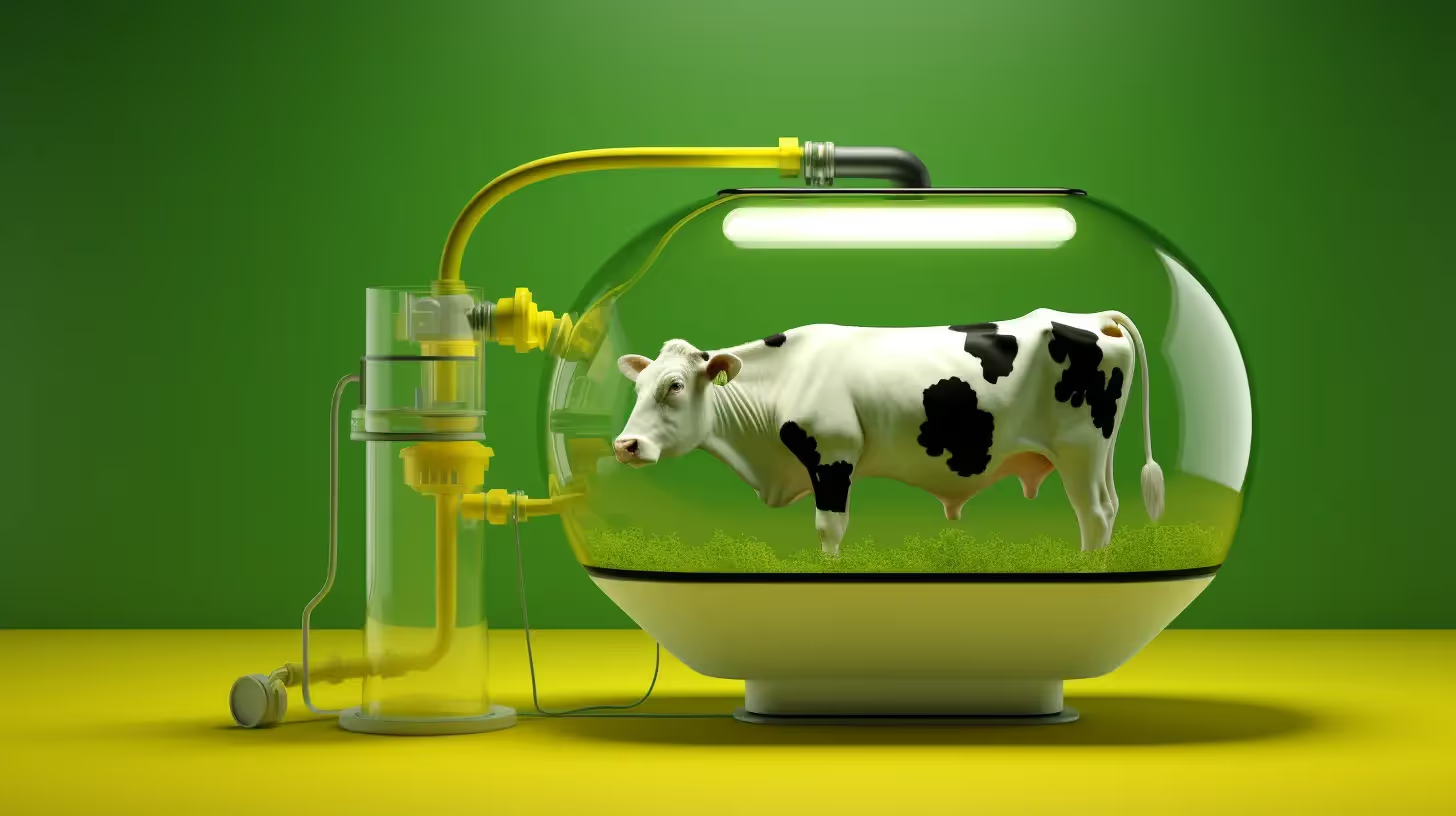What We Do
Location
123 Business Street, Suite 456
New York, NY 10001, USA
Contact us


In a revolutionary development, researchers from the University of Copenhagen, in collaboration with Ambient Carbon, have devised an efficient method to remove low-concentration methane from the air. This groundbreaking study, recently published in the journal Environmental Research Letters, promises a significant impact on mitigating climate change by targeting methane emissions from livestock housing, biogas production, and wastewater treatment plants.
Methane, a greenhouse gas up to 85 times more potent than CO2, poses a significant challenge in controlling global warming. The Intergovernmental Panel on Climate Change (IPCC) asserts that reducing methane emissions is crucial for curbing the rise in global temperatures. The majority of human-caused methane emissions stem from cattle and fossil fuel production. The invention of this 'methane cleaner' is a vital step in diminishing these emissions and could play a key role in the global strategy to tackle climate change.
This new method, developed by Professor Matthew Stanley Johnson's team, involves a reaction chamber that can effectively remove methane from air, a feat previously deemed impractical for low-concentration sources like livestock barns. The technology, now at an 88% efficacy rate, opens new avenues for businesses in the livestock and waste management sectors. By integrating this technology, these industries can reduce their environmental footprint significantly, marking a transformative period in sustainable practices.
The advent of this technology underscores the importance of individual and collective action in supporting sustainable agricultural practices. Consumers and investors alike can play a pivotal role by endorsing companies and technologies that align with environmental sustainability goals. This can range from choosing products from eco-conscious farms to investing in businesses that implement groundbreaking technologies like the methane cleaner.
The 'methane cleaner' represents a remarkable advancement in environmental technology, providing a practical solution to a long-standing problem in climate change mitigation. Its potential application in livestock stalls, wastewater treatment plants, and biogas plants marks a new era in our fight against global warming. This innovation not only showcases the ingenuity of scientific research but also highlights a collaborative effort towards a sustainable future, as evidenced by the support from Innovation Fund Denmark and the collaborative effort among various institutions and companies.